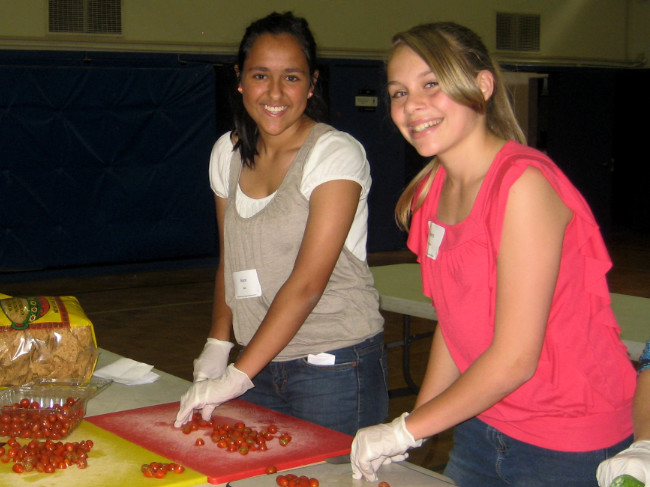You are here

VANCOUVER, British Columbia — The rabbi put a fine point on it. In today’s world, for religious leaders of the three Abrahamic faiths to come together in an enjoyable, peaceful and collegial discussion is a rare thing. His audience of about two dozen, including two Muslim scholars, a Catholic priest and the rabbi, met at UBC’s Jewish campus centre, Hillel House, last week. They got together to discuss fasting in each of their religions, days before the Muslim holy month of Ramadan ushered in 30 days of fasting from dawn to dusk. Dr. Nasir Zaidi, UBC’s Muslim chaplain, says that restraining from eating and drinking from sunrise until sunset is more a philosophical, ethical and spiritual undertaking than a physical one. “We are imperfect,” he says. “We are impure.” To confront problems in life and in individual characters, willpower is necessary, he says. “Fasting can be very powerful to strengthen our willpower and discipline,” he says. Experiencing hunger also encourages the person fasting to experience something like the problems faced by people in need. During Ramadan, food and drink are taken after sundown and before sunrise — but there is another mystical aspect ...  Read more
Read more
Theme by Danetsoft and Danang Probo Sayekti inspired by Maksimer




